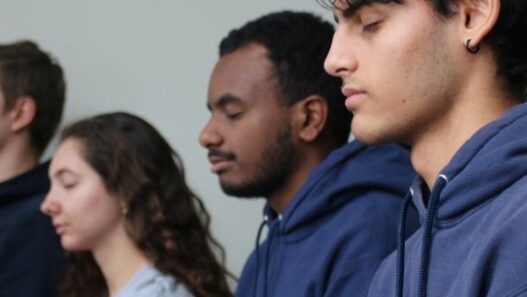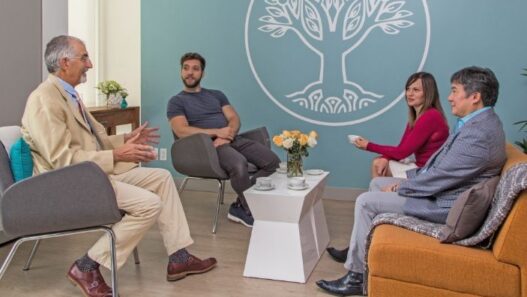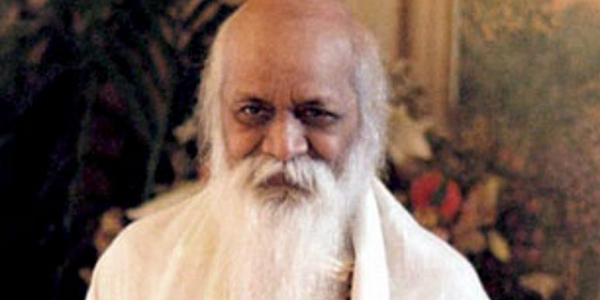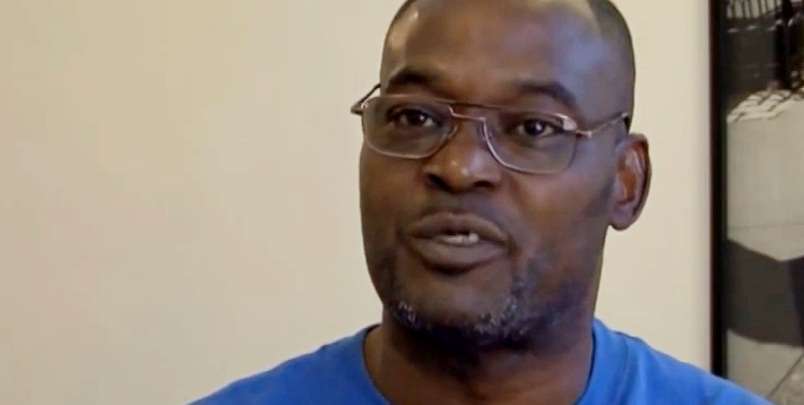Thinking of an upcoming daunting situation makes all of us temporary antsy. Those suffering from anxiety disorder, however, experience an excessive level of worry, fear and nervousness about current and future events. Day-to-day life seen through the eyes of these people is not even a glass half empty – the water in there is bound to contain poison.
So for those suffering from anxiety, reality gets tinted in gloomy tones. How to beat and treat this most common mental illness, which affects approximately 16% of the world population, is the subject of Nick Argyle’s book From Anxiety to Peace: Choosing the Best Therapy for Anxiety, Panic, and Phobias. Behavioral, Cognitive, Analytic, Group, Drug Treatment, Natural Medicine, and Meditation.

In his book Argyle looks at different forms of therapies for anxiety that stem from various paradigms.
The author considers drugs, psychological therapy, and modern and natural cures, including meditation. For each different form of therapy, Argyle reflects on the specific types of anxiety disorder it addresses, which kinds of people will find it suitable, what principles lie behind it and what kind of doctor-patient relationship is involved in the treatment process.
Argyle writes about the effects of different drugs, behavior therapy, cognitive therapy, psychoanalysis and group therapy. He uses an imaginary patient, Caroline, to exemplify how each of these treatment forms would engage the patient.
Argyle also discusses at length the role of lifestyle in the development and treatment of anxiety.
Mental illness causes physical health problems, but poor diet (including drinking coffee, which exacerbates anxiety), unhealthy daily routine, lack of exercise, no regular stress management, and smoking all worsen mental conditions. He explains how alcohol and recreational drugs, when used temporarily to self-medicate feelings of uneasiness, actually lead in the long run to increased anxiety.
Argyle directs the reader to examine the roots of our culturally accepted yet perhaps worrisome behaviors:
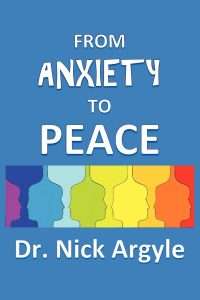 “But are we using coffee to start up in the morning, paracetamol to cope with the stress headaches at work and just a couple of drinks to unwind in the evening? Even these are all pointers to an internal chemistry not coping with life to our satisfaction. All these props, minor and major, are signals of our stress levels.”
“But are we using coffee to start up in the morning, paracetamol to cope with the stress headaches at work and just a couple of drinks to unwind in the evening? Even these are all pointers to an internal chemistry not coping with life to our satisfaction. All these props, minor and major, are signals of our stress levels.”
As the author explains, some stress is inevitable in life, yet if the extent of it overwhelms our normal balancing and repair mechanisms, and we simply cannot keep up, stress accumulates and becomes toxic.
To assist the normal recovery process from stress, Argyle recommends Transcendental Meditation, which provides deep rest and relaxation and therefore also helps greatly in treating anxiety.
Argyle suggests that recovery from anxiety requires gaining ownership of the knowing and thinking processes: making these less rushed and chaotic and more intelligent.
He acknowledges that while financial pressures make patients and doctors favor drugs, other forms of therapy that take longer to relieve symptoms – such as cognitive therapy, where patients are taught to use their intellects to challenge the content and patterns of thoughts –may provide a better long-term solution. For milder conditions he sees a lot of potential in simple lifestyle changes such as improvements in sleep.
Argyle reassures the reader that although anxiety disorders are common, they are also very treatable. The range of therapies covered in the book will enable each patient to find a treatment matching his or her needs:
“There are many routes from anxiety to peace. Which one to take depends partly on where you are starting from or from what sort of anxiety you suffer. It also depends on what sort of vehicle you have, your personality and constitution.”
Argyle’s book is a great companion for reaching the destination.
*
Dr Nick Argyle is a psychiatrist, whose background is in both conventional and alternative medicine. He has worked in Cambridge U.K., London, New York, Auckland and Australia. He has been a clinician and researcher in anxiety disorders and a Clinical Director in Mental Health. He has spoken at many conferences and on radio and TV programs on mental health, stress and meditation. He is a trained teacher of TM.


